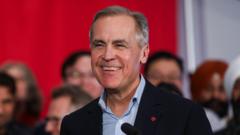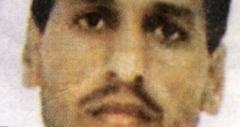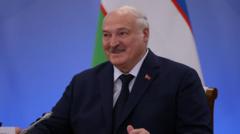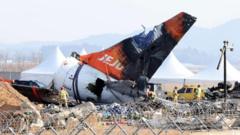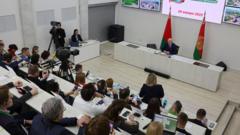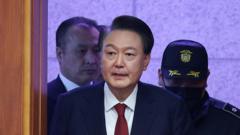The impeachment trial of South Korea’s suspended President Yoon Suk Yeol commenced this week, marking a historic moment as he becomes the first sitting president to face arrest. Initiated after Yoon's contentious attempt at martial law last month, the court session lasted only four minutes in his absence due to safety concerns related to an insurrection warrant against him.
South Korea's Impeachment Trial Against Suspended President Yoon Begins
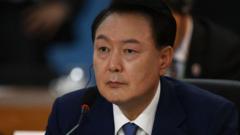
South Korea's Impeachment Trial Against Suspended President Yoon Begins
South Korea's constitutional court hears the first arguments in President Yoon's impeachment case amid mounting controversy and political upheaval.
Yoon, suspended since December following a vote from his own party aligning with the opposition, must face a stacked eight-member constitutional court where six out of eight justices must vote to uphold the impeachment for it to become final. The court is required to schedule subsequent hearings before making any further decisions in Yoon's absence, with the next session already set.
His legal team stated that he plans to attend at a later, more "appropriate" time and contest the court's management of trial dates. In addition to the impeachment proceedings, Yoon is also facing a separate investigation that seeks to arrest him for alleged insurrection, following a standoff with authorities on January 3.
This political turmoil traces back to Yoon's brief martial law declaration on December 3, which he claimed was necessary to combat "anti-state" elements. However, this action was largely viewed as a response to his fraught political standing. The fallout has destabilized South Korea’s economy, contributing to a decline in the national currency and drawing negative assessments from international credit agencies.
A stark comparison emerges when looking back at past impeachments; both former presidents Roh Moo-hyun and Park Geun-hye did not participate in their respective trials, though their outcomes varied drastically. With South Korea grieving the implications of this political crisis, the developments continue to unfold, raising questions about the nation's historical and current governance.
As citizens and observers watch closely, the political scene remains tense, with large implications for the future of both Yoon's presidency and South Korea's stability.
His legal team stated that he plans to attend at a later, more "appropriate" time and contest the court's management of trial dates. In addition to the impeachment proceedings, Yoon is also facing a separate investigation that seeks to arrest him for alleged insurrection, following a standoff with authorities on January 3.
This political turmoil traces back to Yoon's brief martial law declaration on December 3, which he claimed was necessary to combat "anti-state" elements. However, this action was largely viewed as a response to his fraught political standing. The fallout has destabilized South Korea’s economy, contributing to a decline in the national currency and drawing negative assessments from international credit agencies.
A stark comparison emerges when looking back at past impeachments; both former presidents Roh Moo-hyun and Park Geun-hye did not participate in their respective trials, though their outcomes varied drastically. With South Korea grieving the implications of this political crisis, the developments continue to unfold, raising questions about the nation's historical and current governance.
As citizens and observers watch closely, the political scene remains tense, with large implications for the future of both Yoon's presidency and South Korea's stability.

